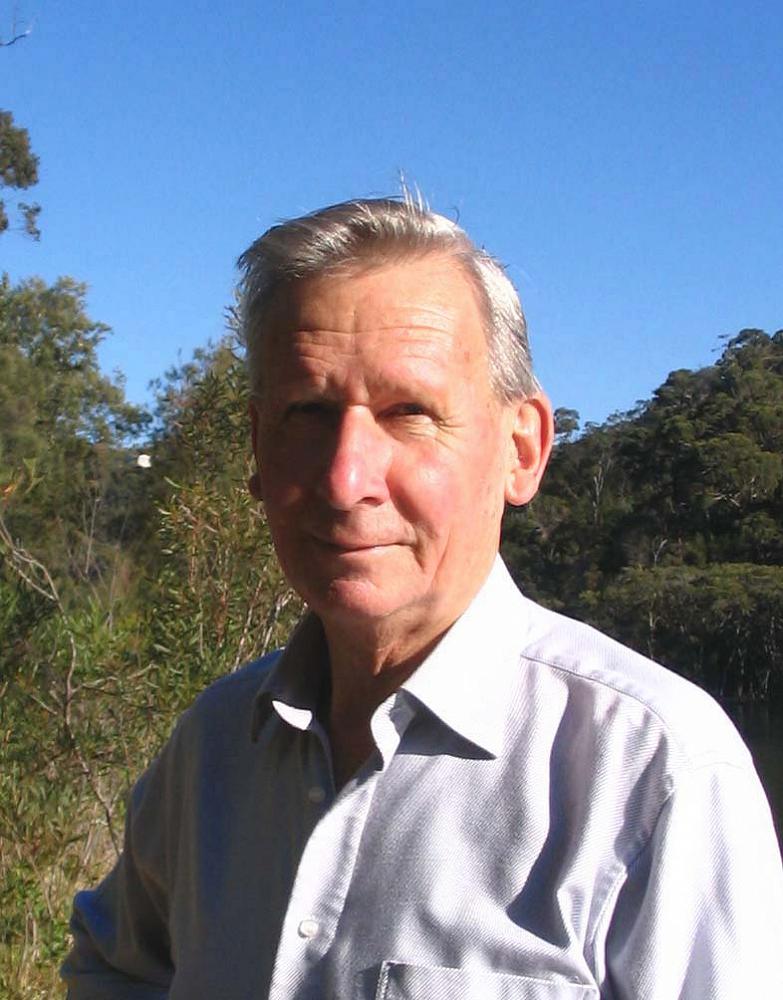
Creation Today
The idea of a God with a grand purpose for creation made supreme sense for centuries, and for many it still does. But today there’s another explanation of our origins that’s much more promising for thinking theologically about the world as we know it now.
How did the world begin? What has that to do with the threat to life and wellbeing posed by today’s climate crisis? How is religion relevant to this?
To the first question, every culture and religion has its own answer. The traditional one for Christianity is summed up in the hymn All Things Bright and Beautiful: the divine creator did it all – every detail, from sunset and the morning to a flower’s glowing colours and a bird’s tiny wings.
If the churches are to engage seriously with that world, they need to find a perspective on “creation” which grows out of the Judaeo-Christian heritage, yet also takes account of the huge explosion of knowledge that has occurred over the past 400 years.
That’s because those years have radically changed our understanding of everything under the sun. Wherever we turn, we experience the world very differently from the way our grandparents did. Few of us would want to turn our backs on this new knowledge and what it offers. Yet cumulatively, it’s those very changes, along with a rapidly expanding population, that imperil our future. Humanity, long exalted as “a little lower than the angels”, does seem to be slowly, blindly, defiantly destroying the earth’s ability to sustain us.
The industry as we’ve come to know it carries massive risk for the future of the human species, and it isn’t letting up. For example, a Guardian investigation revealed last year that the world’s biggest fossil fuel corporations have 195 projects on their books, most of them already underway. Each would detonate carbon bombs of at least a billion tonnes of carbon dioxide. “Unchecked greed,” says the Guardian, “is driving us ever closer to the abyss.” American monk and eco-theologian Thomas Berry dismally sums up:“Our ultimate failure as human beings is to become not a crowning glory of the earth, but the instrument of its degradation.”
The only way we can set things to rights is to turn away from destructive technologies, lifestyles and values. Turn away: the biblical word for that is “repent”.
For that, I suggest we strip ourselves of any notion that we’re the pinnacle of creation and embrace the new story of how we came to be here in the first place, which I see as the great gift of science to the world and the church.
That transforming story, which takes not six days but 13.7 billion years to unfold, exalts the earth and gives us a new perspective on our place within the wondrous miracle of life. It tells us that along with the universe, the planet and all life forms on earth, we humans are products of stardust and time. From the Big Bang that set the process off, earth has been continually evolving, geologically, physically, and biologically, and human life is just part of that process – not above it or below it, but an intrinsic part of it.
We’re not creatures poised halfway between demons and angels and with the potential to go either way: we’re earthlings. Our life here is almost certainly all the life we shall ever know. It’s here that we must find meaning and purpose, here we must work out our salvation and find our wholeness as creatures of the universe. It’s here we must make sense of God, and work towards a spirituality that accords with all this.
And it’s here that we must rid ourselves of any lingering notion that the human species is free to lord it imperiously over nature. We have to replace that with an awareness that we’re but one strand in the grand reality of nature, and every strand is to be nurtured and valued.
That said, the human species has developed one unique attribute: we constitute the consciousness of the planet. We possess a vibrant awareness of the earth, and increasingly of each other, in a way no other life form shares.
Consciousness alone is not enough, however. It needs a mate, conscience, to enable us to respond properly to the great salvation/destruction question of our time, namely: How should we humans live upon the earth so that our presence enhances not just ourselves, not just human life, but the planet itself?
More on that another day.
